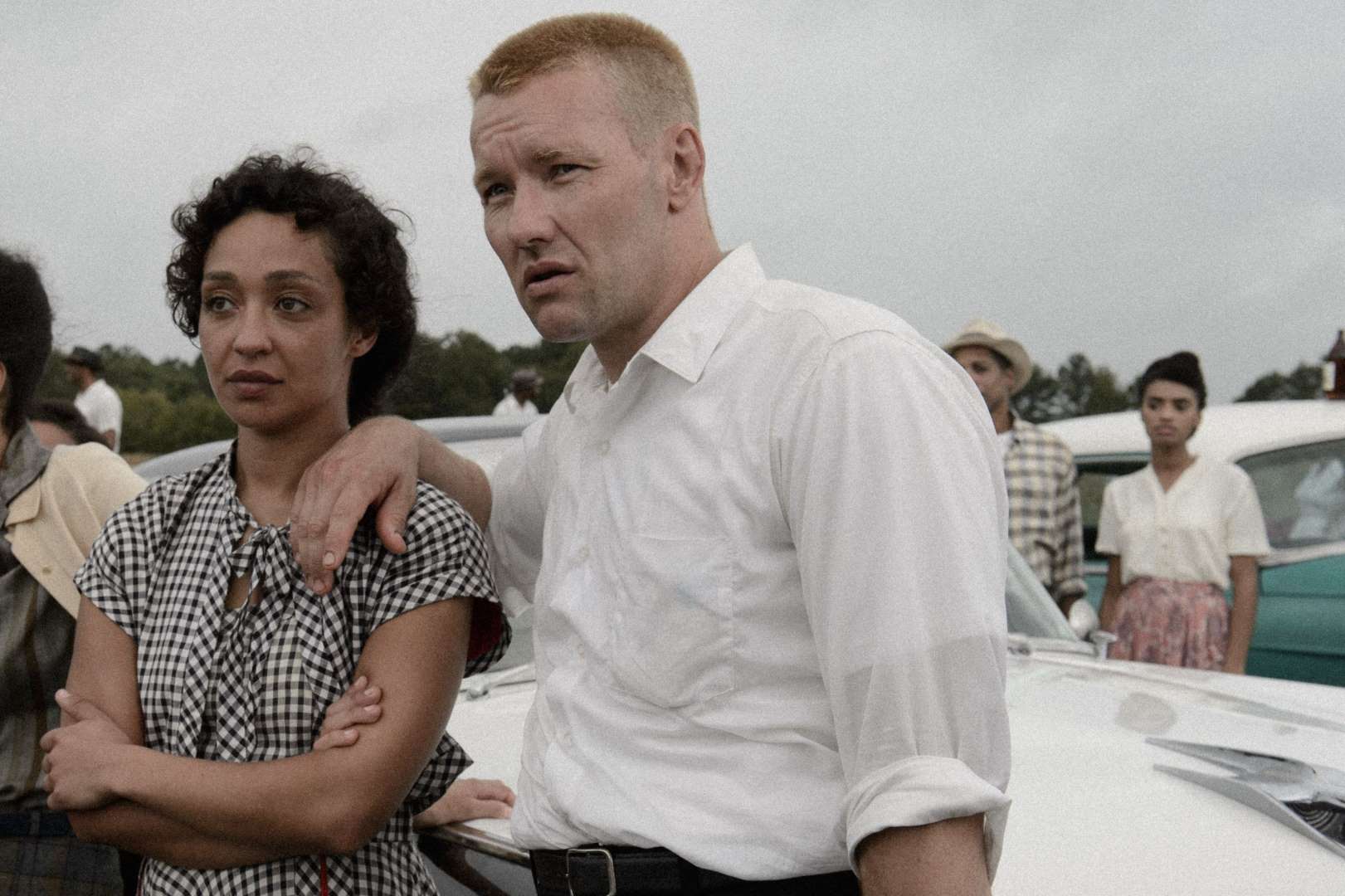The History of Race in America Is Not Black and WhitePosted in Articles, History, Louisiana, Media Archive, United States on 2015-11-25 02:10Z by Steven |
The History of Race in America Is Not Black and White
History News Network
2015-11-21
Dr. Dianne Guenin-Lelle teaches French at Albion College. A specialist in Seventeenth Century French Narrative, Francophone Louisiana and Multicultural Pedagogies, she has published numerous articles and two books, Jeanne Guyon, Selected Writings in the Classics in Western Spirituality Series (2012, co-authored with Ronney Mourad) and The Prison Narratives of Jeanne Guyon (2012, co-authored by Ronney Mourad). Her latest book The Story of French New Orleans: History of a Creole City (University Press of Mississippi) will appear in January.
Despite the racial divide in this country, exemplified by the #blacklivesmatter movement, history shows it does not have to be this way. If we are going to fill this chasm, we should look to the past. A past that we have forgotten too often. Our accepted version of US history is basically that African Americans came to this land to become enslaved by whites and were liberated by the Emancipation Proclamation. While there existed Free People of Color before the Civil War, in this version of history, they managed to escape slavery and move north. This narrative sets up race relations along a “black-white” color line of racial separation, and accompanying opposition around questions of privilege, power and dignity. In the US today many feel a sense of despair that the situation has changed so little over so long, and a kind of hopeless fear that things might never be different…
Read the entire article here.


